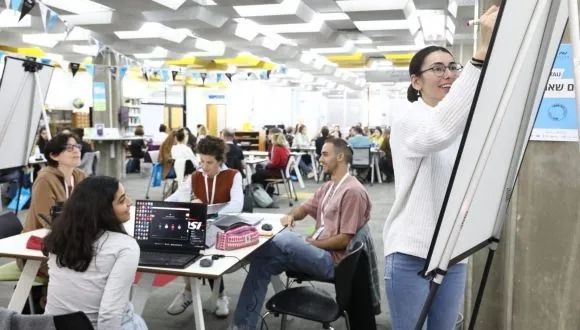
“Stay Close to Them, but Avoid Clinging to Them”
Written on | Tel Aviv University
TAU professor and early childhood expert on how to help children feel secure in times of unrest.
During difficult and stressful times, children are particularly reliant on adult presence and support. They need our help to make sense of everything, and to restore their sense of security. In light of the current unrest here in Israel, we asked Prof. Dorit Aram, from TAU’s The Jaime and Joan Constantiner School of Education and whose area of expertise is adult-child interactions and their implications for early development, what we can do to be there for our children in the best way possible during these testing times. She had several practical tips to share with us all:How do we explain the current crisis to our children?
Prof. Aram: “With children that are younger than 3 years old, there’s no need to explain the overall security situation. It is better to focus on what is going on right here, in the moment. With children aged 3-5, you can start to explain that we are engaged in a fight with a country called Gaza. That’s enough. If your child asks why, you can say that we and the Gazans do not agree on where the boarders of our countries should be. They would like to get more of our country and we do not want that to happen. It is like when you want something from your friend and she doesn’t want to give it to you. So you argue.” “For children aged 5-7, you can add in some historical context and explain that there’s a conflict going on between two peoples about territory. Both those peoples want the same thing, and they need to reach a conclusion, but right now they are stuck and they deal by shooting at each other. For the Hebrew readers among you, there’s a book called “אוזו ומוזו מכפר קאקארוזו” which can be read for the child, but really any good children’s book on conflict between neighbors can be read for the child.” “In my experience, many parents shy away from talking about the political conflict with their children, but with children from age 5 it is actually good idea to discuss the topic. Because the children observe what’s going on, they are aware. Getting answers can ease their minds. If their parents won’t discuss it, the children will fill the gap with fear and erroneous ideas based on things they overhear. Just be careful not to monsterfy the other side. And do not let them watch the scary news on TV.”What do we tell our children when they ask why they cannot be in kindergarten during the days?
“Explain that there may be missiles, and that right now the kindergarten teachers are not prepared or able to bring all the children to the shelter. So the children need to stay home for now. But let them know that you hope that it will end soon, so they can return to kindergarten and their friends. Tell them the truth! It is also very important to reassure them that we have the defense forces to protect us. And to remind them that when they are in the shelter, they are safe. And we, the parents, are here for them.”How do we explain the sirens?
“You can tell children above 3 that, just like there’s Fireman Sam, we also have the defense forces to protect us. And there’s the Iron Dome. Explain to them that the sirens let us know that a missile has now left Gaza and is headed our way, so we need to quickly go to the shelter. The Iron Dome is there to stop the missiles, but we still make sure to go to the shelters where we are completely safe. “How do we calm our children down if they are anxious?
“Parents as partners need to agree on the logistics of things and stay united and calm in front of the children. Stay close to them, but avoid clinging to them. You need to be calming them down and not the other way around. But be nice to yourself and conscious of your own needs. Speak with other adults if you are feeling anxious and need to talk. These are difficult times for everyone, so make sure that you take care of yourself. Hug your children and spend time with them. Think of things to do that tend to make them calmer – you can read to them, distract them somehow, practice some breathing techniques together (just counting breaths can be powerful), tickle them a bit or crack some jokes (laughter is very soothing), and make the shelter a nice place to hang out in – keep their favorite toys, dolls or teddy bears there. Give them responsibilities, tasks they can take care of, and let them feel in control. Try to maintain your routines as a family, to the extent possible.”Any questions we should ask our children?
“Some parents hear other parents speak of their children’s questions, and worry because their own children don’t ask questions and that maybe something could be wrong. That’s not a reason to ask, and you should rest assured that your child might, in fact, feel fine. No need to panic.”How will this situation affect our children in the long run?
“If this situation lasts for only a few days and the parents, meanwhile, manage to ensure that their children have routines in place, then it should be fine. However, we do not know what will be. So, I would say that it depends on the children and their sensitivity and the actions of the parents.”Related posts

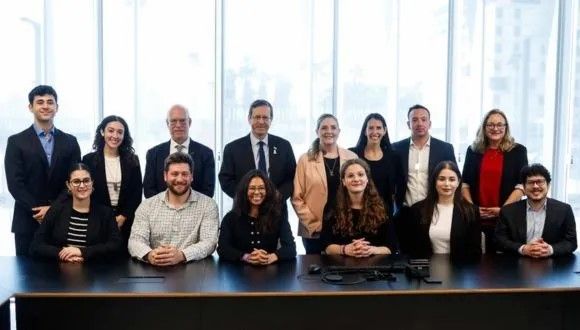
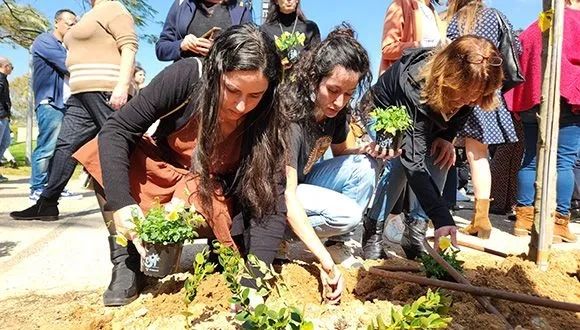
Tree Planting Ceremony Honoring October 7th Victims: A Symbol of Remembrance and Hope
3 March 2024




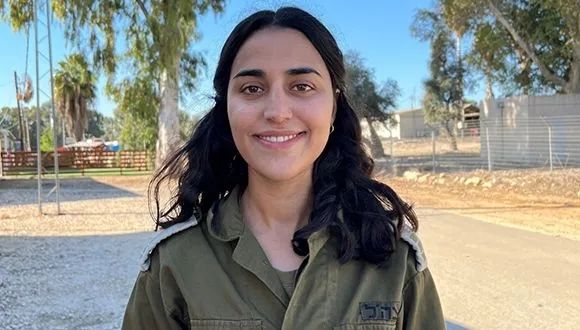

Unveiling the Frontiers of Artificial Intelligence at Tel Aviv University AI Day 2024
7 February 2024




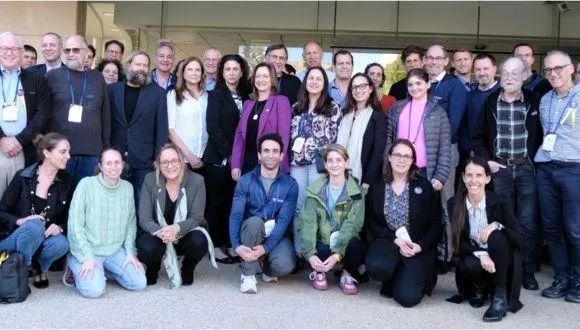

Tel Aviv University Urgently Launches a National PTSD Clinic for Civilians and Soldiers
25 December 2023
